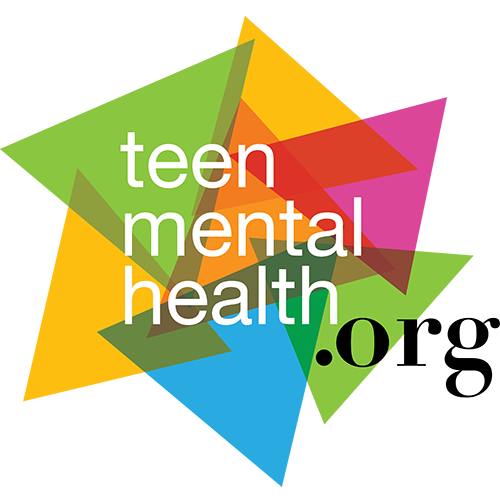Abusive Relationships

Abusive relationships occur when one partner controls the other partner with violence, intimidation, and/or threats.
Abusive relationships don’t happen overnight.
At first, the signs may be subtle and you may hope that the relationship will change and improve over time, but abusive relationships tend to worsen and become more violent or controlling over time.
Forms of Abuse
Emotional Abuse
- The use of constant criticism, insults, threats, and intimidation to isolate another person and make them afraid to leave the relationship or seek help.
Sexual Abuse
- Any kind of forced sexual act, ranging from sexual touching to intercourse (rape).
- Some people believe you can’t be raped by someone you are in a relationship with; this is not true.
- If you don’t agree to have sex, it’s rape. It does not matter who the person is or what your relationship is to that person.
Physical Abuse
- Any kind of assault with the body (e.g., punching, kicking) or with an object (e.g., gun, knife, baseball bat) intended to cause physical harm.
Financial Abuse
- Limiting access to financial resources (e.g., cash, bank accounts, credit cards) so as to limit your ability to leave a relationship or to control you within a relationship.
Warning signs of abuse
Remember - the warning signs may be subtle.
You may hope that the relationship will improve but abusive relationships often worsen over time. And, remember, the abuser in a relationship is not determined by sex, wealth or other identifying feature.
- Your partner isolates you, limiting your time with family and friends
- Your partner is jealous and accuses you of things you did not do
- Your partner tries to control many aspects of your life (e.g., decisions, finances, how you dress, your friends, etc.)
- Your partner criticizes you and makes you feel ashamed
- Your partner calls you names or ridicules you
- Your partner uses intimidation to make you feel afraid of them or to control your behavior
- Your partner is violent and may yell at you, push you, or hit you
- Your partner demands you have sex, even if you say no
- Your partner threatens to hurt themselves, you or your family or friends if you do not do what they want
- You feel you always have to always act a certain way to please your partner (i.e. walking on eggshells)
- Your partner frequently demeans or humiliates you in front of others (this can be done as a “joke”)
Getting Help
If you are concerned that you are in an abusive relationship, don’t wait until something bad happens.
Make an appointment with a health care provider (such as a nurse or psychologist) or campus counselor and share your situation with them.
For More Information:


